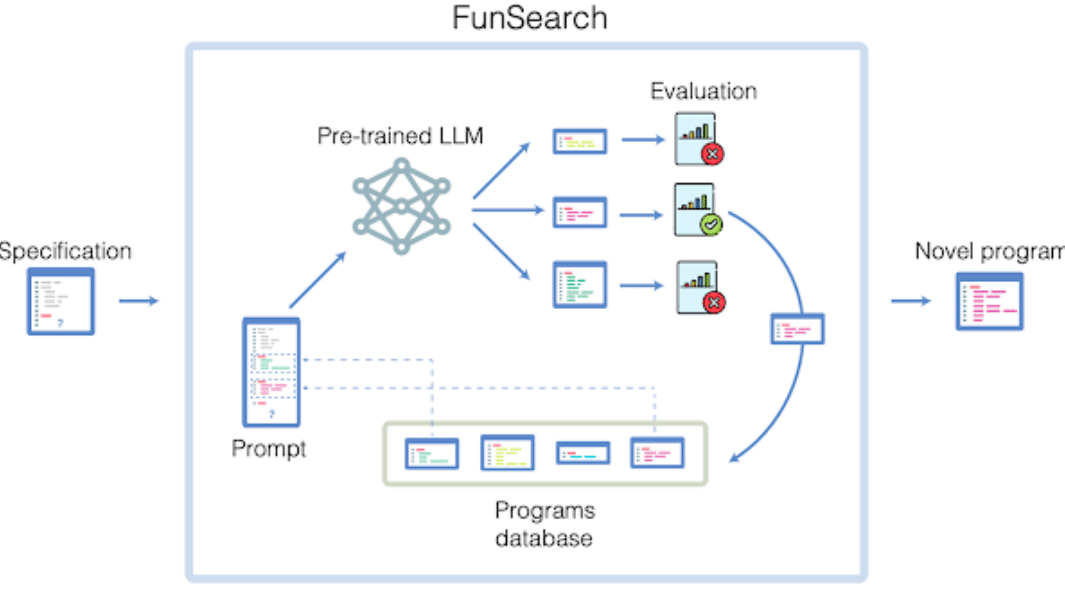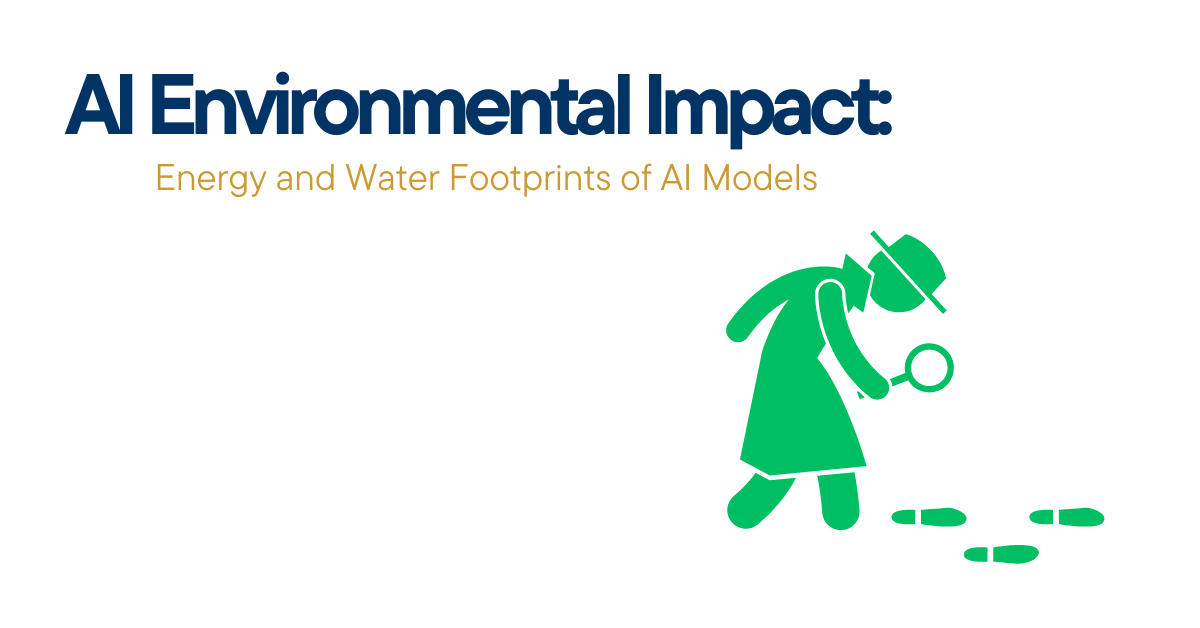Reflecting on the self-taught capabilities exhibited by AlphaGO, especially with its famous move 37 that astonished even the best Go players like Lee Sedol, a team of researchers from Google DeepMind set out to explore the extent to which LLMs can be utilized in scientific discovery.
The researchers developed a method called FunSearch, which operates in the function space and utilizes a pre-trained LLM (Google’s PaLM 2). One of the major challenges with AI and machine learning models in the realm of scientific understanding is their lack of explainability. These models often function as ‘black boxes’, delivering answers without a clear and transparent causal chain, which complicates the process of knowledge discovery. Additionally, while LLMs are adept at generating novel outputs, they can also produce plausible yet incorrect statements (i.e., hallucination).

To address these issues, the DeepMind team implemented two key strategies:
- To counteract the risk of hallucination, the team incorporated an automated evaluator that assesses the quality of the outputs and provides feedback to the database, leading to improved prompts. This setup facilitates a self-learning mechanism through reinforcement learning, progressively enhancing the outputs.
- Rather than directly generating what the solutions are, FunSearch focuses on searching for programs that detail how to solve a problem. This approach is not only effective and scalable, but the resulting programs are generally more interpretable than direct solutions. This interpretability fosters feedback loops between domain experts and FunSearch, facilitating the application of these programs in real-world scenarios.
The advancements brought about by Generative AI in various domains are indeed thrilling. This project with FunSearch is a prime example of how, when applied effectively, Generative AI and similar technologies can significantly advance different scientific fields.
For an in-depth exploration, discover the original article published in Nature: Romera-Paredes, B., Barekatain, M., Novikov, A. et al. Mathematical discoveries from program search with large language models. Nature (2023). https://doi.org/10.1038/s41586-023-06924-6 or the open access option.
Additionally, a blog post by Google DeepMind themselves provides an accessible overview of how FunSearch is being used to make new discoveries in mathematical sciences.




